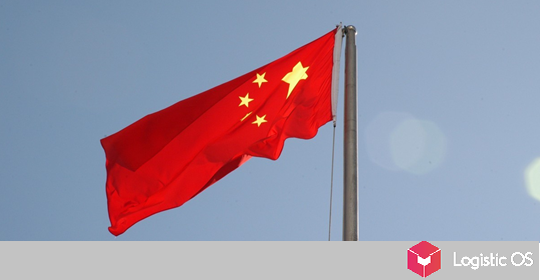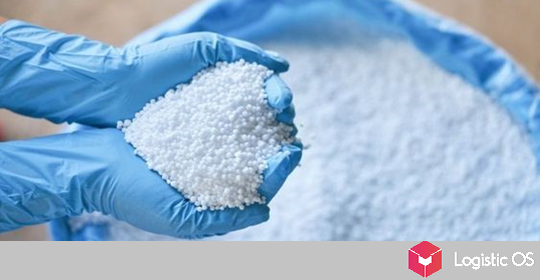The department began distributing quotas for importing seed material from unfriendly countries according to new principles.
The Ministry of Agriculture has been striving for several years to significantly limit the volume of seed imports from unfriendly countries, although it has not yet been possible to completely abandon it due to the lack of a full-fledged alternative.
However, seeds from such countries are imported only within a certain quota established by the department.
Today, quotas are distributed among importing companies mainly according to the historical principle.
That is, those companies that imported the maximum volumes in previous years receive the right to import approximately the same volumes this season. If a company has not previously been actively importing seeds, it will be very difficult for it to obtain a quota, experts say.
On the one hand, the logic is clear: companies that previously actively imported seeds have well-established channels and sufficient resources, so they are likely to import the same volumes again, which makes this work as predictable as possible.
However, some consider this principle to be not fair enough, since it practically monopolizes the market.
For example, only one company will import waxy corn seeds in the amount of 600 tons.
Rapeseed seeds will be able to be imported by 14 companies, sunflower seeds (500 tons) — by 8 companies, potato seeds (12 thousand tons) — by 3 companies, beet seeds (2 thousand tons) — by 13 companies.
As for suppliers, a similar practice is being carried out with respect to them: only those who already imported them last year are allowed to import seeds to Russia.
Moreover, if in the previous season new foreign players had opportunities to enter the market, now they have practically disappeared.
At the same time, there are situations when quotas for the supply of seeds from foreign companies not approved by the Ministry of Agriculture are redistributed among other suppliers.
For example, this happened with potato suppliers.
However, even taking into account the fact that quotas are “not lost”, there is a high probability that they will not be used up, experts note.
For example, according to the words of the Minister of Agriculture of the Russian Federation Oksana Lut, last year quotas were not used up for either sugar beet seeds or corn seeds.
The high prices that have now been established in Europe for such products also complicate the process, so the fastest possible import substitution, to which the government is actively pushing the market, is practically the only option.

